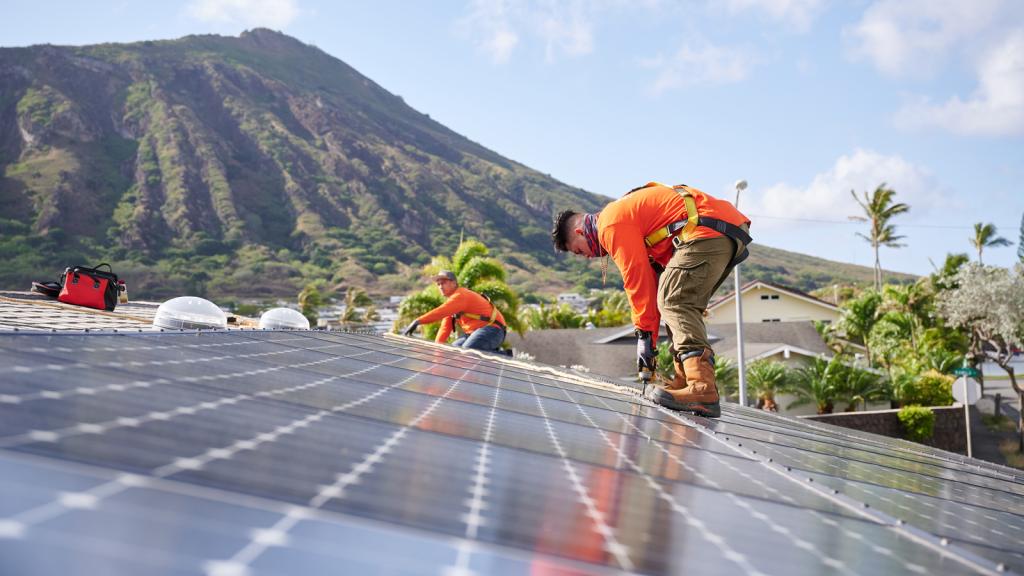The Chicago Tribune has an article in today’s paper entitled “MPG bill could cost UAW jobs; Workers fear SUV plant’s fate sealed,” although the article itself isn’t as shrill as the title suggests.
At first glance, the article looks like the classic “those environmentalists are going to take away your jobs” piece, but the author presents data for the other side, that is, that the problems of the auto industry are the problems of the managers of the auto industry:
Higher fuel standards would affect all automakers but would hit the domestics harder because they sell a greater percentage of trucks than foreign rivals. Trucks account for 56 percent of GM’s sales, two-thirds of Ford’s and three-fourths of the Chrysler Group’s.
Youch! Who’s fault is it that they bet the farm on SUVs? The car companies could have analyzed the data on peaking oil, foreign imports of oil, even global warming. Because of their short-term outlook, made much worse by Wall Street’s emphasis on the next quarter, not the next quarter of a century, they refused to go down a path that should have been obvious by the end of the 1970s.
The auto companies will also take this out on their workers, and blame environmentalists, no doubt. Chrysler lost $1.2 billion last year after demand for SUVs declined, and was even sold off by parent company Daimler:
“Chrysler’s problem was that people weren’t buying their vehicles because of their fuel economy,” [UAW member Paul Wohlforth] said, adding that Chrysler could try to use that as leverage to get concessions from the UAW.
All auto company contracts end in September, and the car companies will try to replicate the “success” of Delphi, the bankrupt car-parts company that cut the pay of new hires almost in half, to $14 per hour. So it’s labor’s fault and CAFE legislation’s fault, but not management’s fault? What are they getting those obscene salaries for?
The final irony is the example of an employee of an SUV plant that is in trouble:
“It doesn’t look good for our plant, not with that product,” he said of the SUVs that average 16 m.p.g.
Van Fossen, 48, is building a second career, installing solar panels and wind turbines to generate electricity as a side job.
“If the plant closes, I’ll move on,” he said. His solar and wind business is “kind of slow” now, he added, “but it’s coming around. People understand we have a problem. That is the future.”
Call it the “Van Fossen Solution”, from SUVs to solar panels! But I would advocate that governments at all levels give the solar and wind industries a jumpstart. And how about expanding the mass transit business, so those laid off SUV workers can manufacture transportation equipment that improves our quality of life while at the same time cutting down on carbon emissions?

